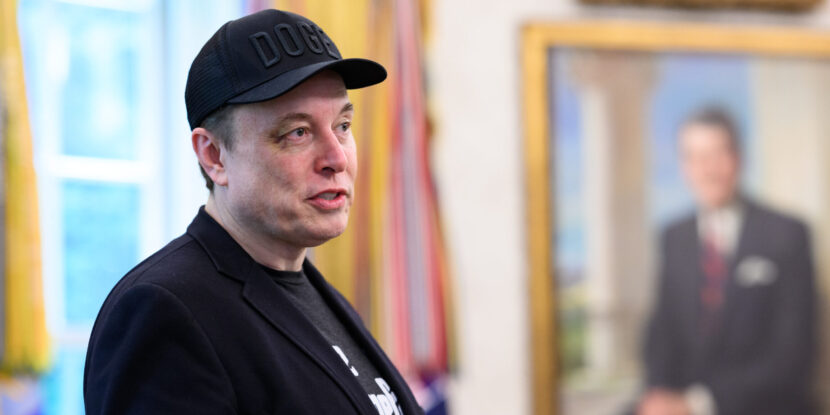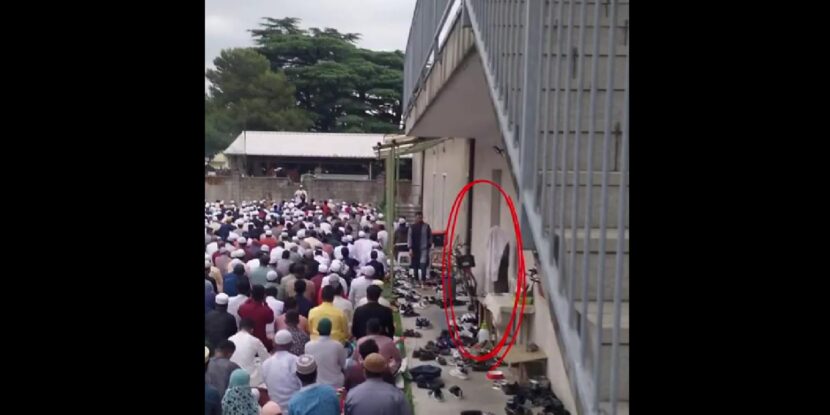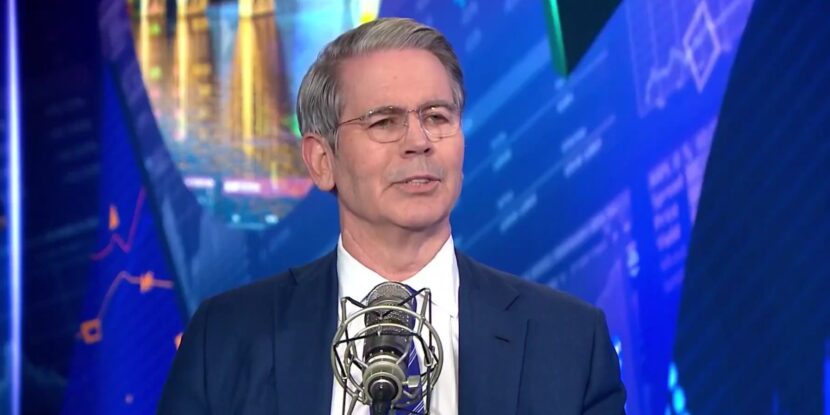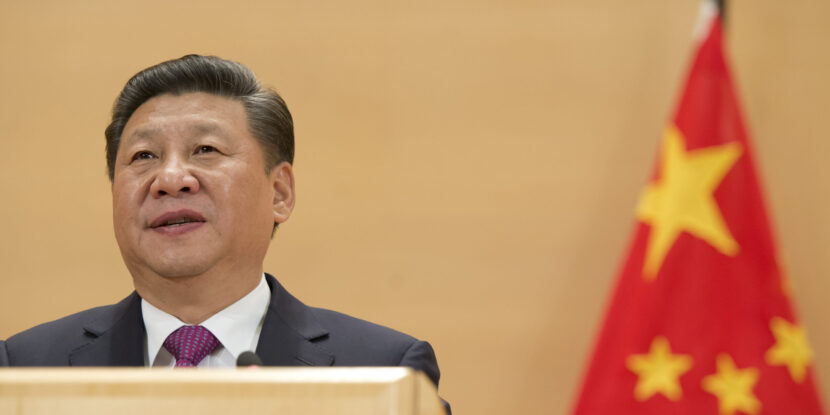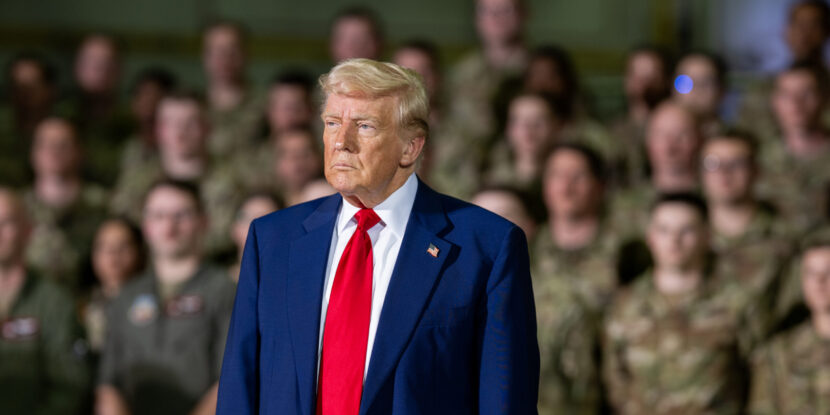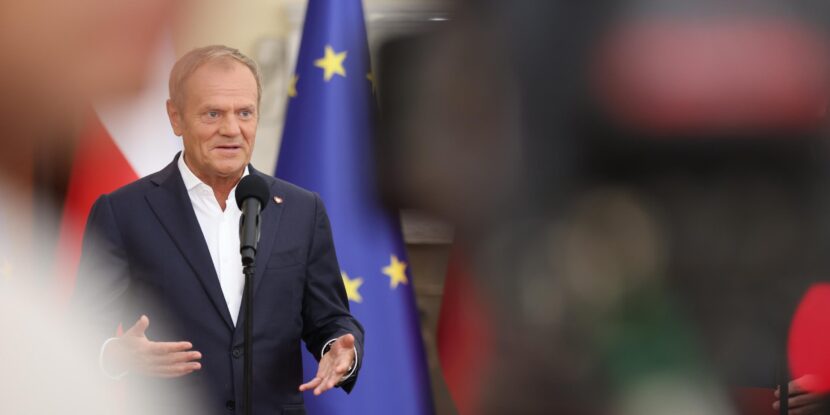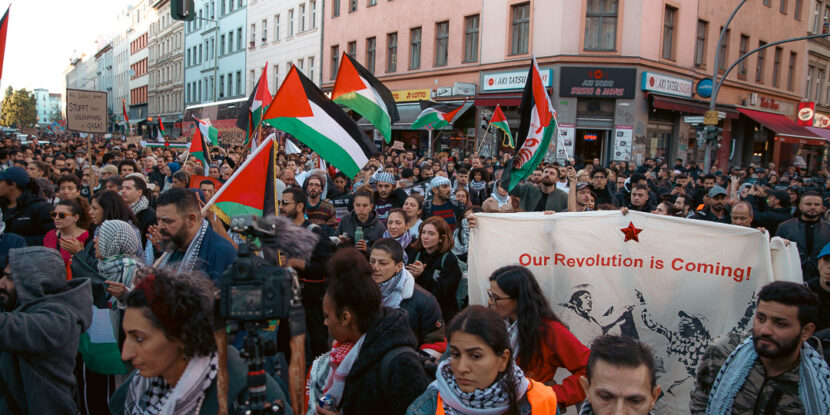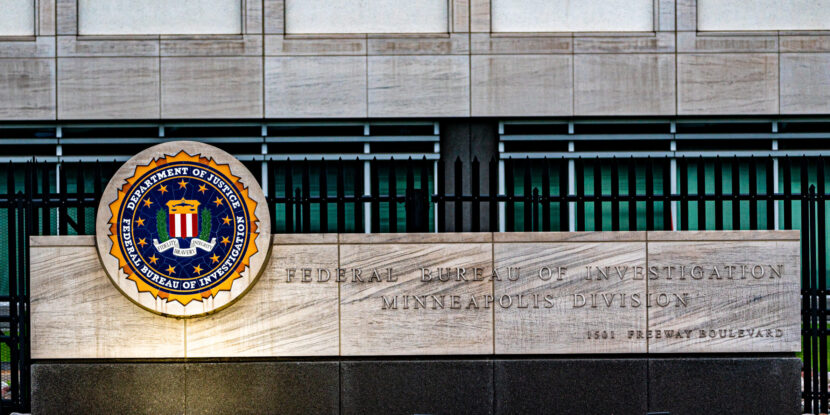PULSE POINTS:
❓What Happened: Police in Ireland have reportedly been holding recruitment events in asylum seeker homes. The country’s leader denies any knowledge of these efforts.
👥 Who’s Involved: Irish police (Gardaí), Taoiseach (Prime Minister) Micheál Martin, asylum seekers, and Independent Ireland lawmaker Ken O’Flynn.
📍 Where & When: O’Flynn questioned the Irish leader on June 11, following the revelations days earlier.
💬 Key Quote: “Some of these individuals may not be the vulnerable cases as often your government portrays. And yet, Gardaí were sent in and invited them to consider a career in Irish policing.” — Ken O’Flynn.
⚠️ Impact: The case is likely to greatly diminish trust in the Irish authorities amid growing unrest over rising mass migration.
IN FULL:
Police in Ireland have reportedly been trying to recruit new officers from asylum seeker homes full of illegal immigrants, although the country’s leader has denied authorizing the move. Ireland’s Taoiseach (Prime Minister), Micheál Martin, claimed he was surprised the Irish police, known as the Gardaí, have been trying to recruit in asylum homes.
Independent Ireland lawmaker Ken O’Flynn questioned the Irish leader over the allegations and demanded he explain why the Gardai were trying to recruit people who may have entered the country illegally, without passports or other documents. “Some of these individuals may not be the vulnerable cases as often your government portrays. And yet, Gardaí were sent in and invited them to consider a career in Irish policing,” O’Flynn said.
Taoiseach Martin claimed he was surprised by the recruitment drives, saying, “This is not government policy. But I will revert back to the deputy and ask for the communication to be sent to you. I’ll talk to the Minister of Justice in respect of this.”
Irish media reports that the police have been recruiting from asylum centres, known in Ireland as International Protection Accommodation Service (IPAS) centers, since at least 2022. Garda Commissioner Drew Harris admitted that asylum seekers should not even be eligible to become police officers. However, those granted refugee status do qualify after having resided in Ireland for a certain number of years.
Ireland has been gripped by anti-mass migration sentiment as more and more asylum seekers have flooded into the small and relatively homogeneous country in recent years. In one case, the government wanted to settle hundreds of asylum seekers, most of them young men, in a town of just 165 people last year.
Mixed martial arts (MMA) superstar Conor McGregor has been a leading voice against mass migration in Ireland, calling on the public to actively “evaporate” properties that have been designated to house future migrant arrivals. McGregor is also looking to run for the Irish presidency, with a focus on halting mass migration into the country.
show less
